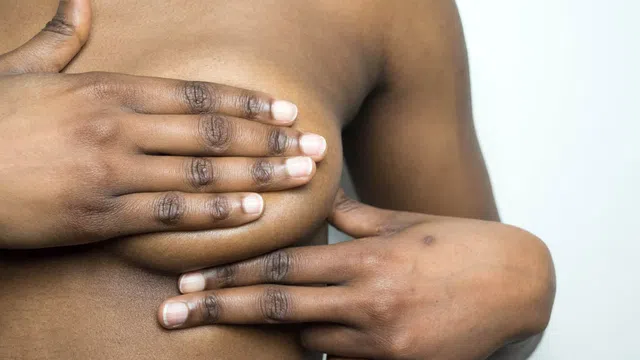Misinformation about breast cancer remains one of the greatest obstacles to early detection and effective treatment. Despite advances in diagnosis and therapy, many still believe harmful myths that delay care and increase risk.
Let’s separate fact from fiction and examine four of the most dangerous misconceptions surrounding breast cancer.
Myth 1: “[Breast] Cancer Only Affects Women”
The Truth: While breast cancer is far more common in women, men can also develop it. Men have breast tissue too, and though their risk is lower, it is not nonexistent.
Read Also: What body odour reveals about your health
Why it’s dangerous: When men dismiss lumps or changes in their chest as irrelevant, diagnosis may be significantly delayed and the cancer may progress unchecked.
Myth 2: “A Lump in the Breast Always Means Cancer”
The Truth: Most breast lumps are not cancerous. They can arise from benign conditions like fibroadenomas, cysts, hormonal changes, or fat necrosis.
Why it’s dangerous: Over-worry may cause panic, but underestimating a new lump because “most aren’t cancer” can delay vital assessment. Any new breast change should prompt medical review.
Myth 3: “Breastfeeding or Breast-Suckling Prevents Breast Cancer”
The Truth: While breastfeeding does provide a modest protective effect, the idea that breast stimulation or being “sucked” by someone prevents or cures cancer is false and unsupported by science.
Why it’s dangerous: Believing this myth may lead women to skip screenings or delay treatment, mistakenly thinking they are safe.
Myth 4: “Only Older Women Get Breast Cancer”
The Truth: Although risk increases with age and most cases occur in women over 50, younger women can and do get breast cancer. Approximately 11 % of cases occur in women under 45, and aggressive variants like triple-negative breast cancer (TNBC) are more common in younger populations.
Why it’s dangerous: Both younger women and their doctors may dismiss symptoms, thinking age makes cancer unlikely — which means potential diagnoses get missed or delayed.
The Bottom Line
Knowledge saves lives. Dispelling myths and promoting accurate awareness about breast cancer is vital for improving early detection and survival rates. Everyone — regardless of age or gender — should know their risk, monitor body changes, and seek prompt medical evaluation when something doesn’t feel right.

